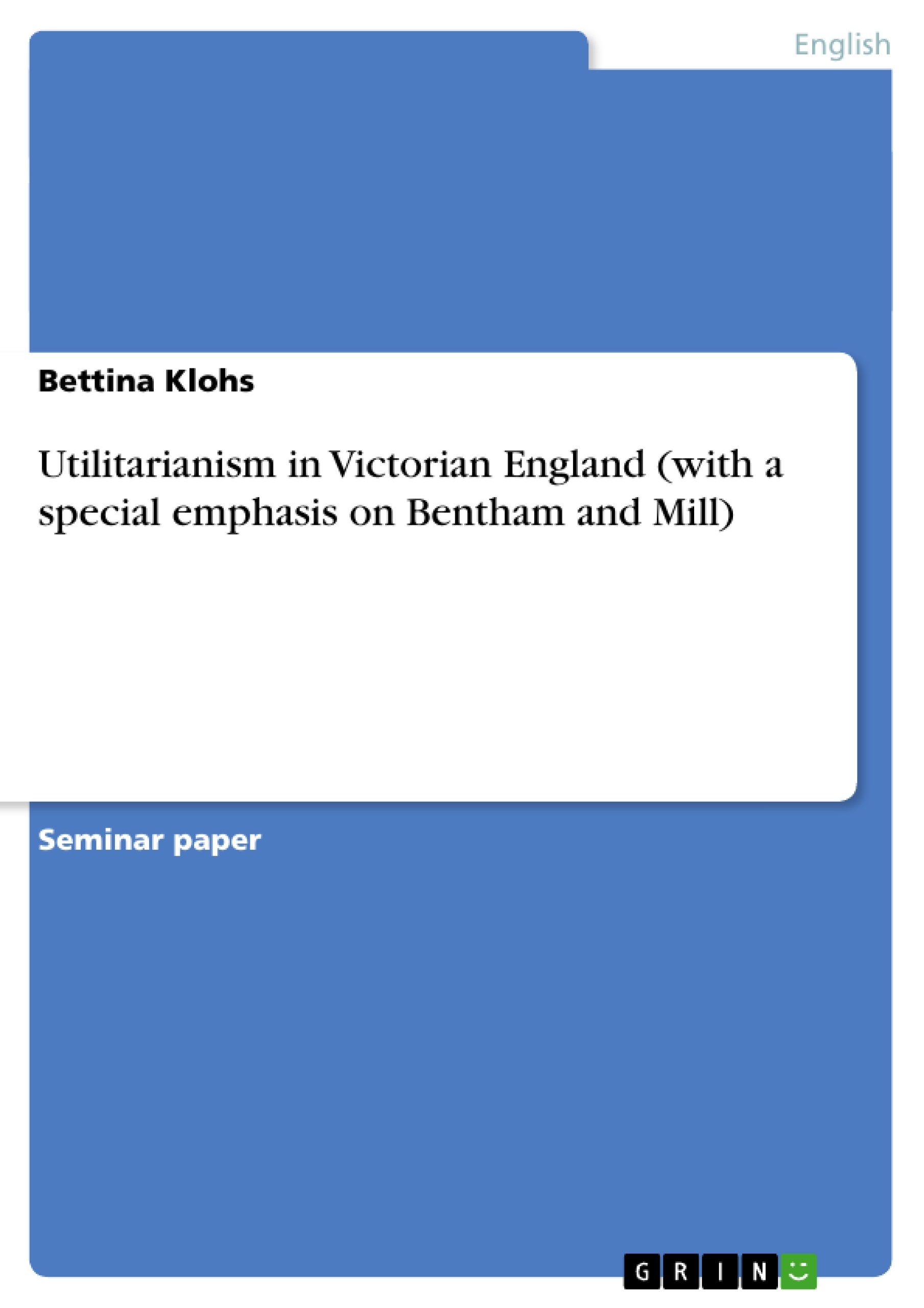Everybody wants to be happy. In order to reach happiness, man throughout history has followed many courses. But what is happiness? The opinions varied largely throughout history. Man has discovered a certain texture of “being”; he has realized that he is both, an individual and a part of a whole, society. According to this, he always made attempts to apply structure on the things and phenomena around him and thus tries to define happiness and find ways to reach and preserve it. True, the different views show certain similarities but there is still no unity today. However happiness might be defined, whether as a “good life”, as contentment or as the absence of physical or mental suffering or anything else, however it is believed to be reached and preserved best, the search for the essence of happiness always seems to be a quest for the holy grail. Otfried Höffe describes happiness as follows 1 : Happiness is an inclusive goal of man. It is not the top of a hierarchy of goals but an attendant circumstance of a success. Happiness is therefore not a thing and it cannot, like many other phenomena, be seen in this light. But things are easily imaginable for the human being. This might be the reason for the difficulties in defining happiness. It is a feature of being human to develop systems to arrange and organize things. Now, if happiness cannot be reified and therefore not be presented as an essence of existence, which is conceivable by everybody in the same way, it may for the present only be described as the satisfaction of the wants and needs of the individual. From this one may conclude that happiness can only be intentio indirecta of public action. Utilitarianism, as a system of ethics, roots in the period of Enlightenment. Based on a humanistic view, it is an important attempt to discuss the question of happiness in a reasonable and non-speculative way and make it a concern of all thinking and feeling creatures. But, as Utilitarianism treated happiness as intentio directa in the name of the principle of utility, Utilitarian overvaluation of mathematics and logic made many problems concerning the applicability of the theory in reality, arise.
Inhaltsverzeichnis (Table of Contents)
- Introduction
- Utilitarianism
- Jeremy Bentham and the Fundamental Ideas of Utilitarian Theory
- John Stuart Mill and the Improvement of Utilitarian Theory
- Utilitarianism in Victorian England and in Charles Dickens' Hard Times
- Politics
- Education
- Conclusion
Zielsetzung und Themenschwerpunkte (Objectives and Key Themes)
This paper explores the development and influence of utilitarianism in Victorian England, focusing on the contributions of Jeremy Bentham and John Stuart Mill. It examines how utilitarian principles were applied to political and educational spheres, and its impact on literature, particularly Charles Dickens' Hard Times.
- The origins and development of utilitarianism as a philosophical system
- The influence of utilitarianism on Victorian social and political thought
- The application of utilitarian principles to practical issues like education and politics
- The critique of utilitarianism and its limitations
- The portrayal of utilitarian ideas in Victorian literature, specifically Charles Dickens' Hard Times
Zusammenfassung der Kapitel (Chapter Summaries)
- Introduction: This chapter introduces the concept of happiness as a fundamental human goal and explores the historical search for its definition and attainment. It also introduces the concept of utilitarianism as a philosophical system that aims to address the question of happiness in a rational and empirical way.
- Utilitarianism: This chapter outlines the core principles of utilitarianism, highlighting its focus on maximizing the "greatest happiness of the greatest number." It traces the origins of the theory back to Mo Tse and discusses its development as a counterpoint to traditional theories of natural rights and natural law.
- Jeremy Bentham and the Fundamental Ideas of Utilitarian Theory: This chapter focuses on Jeremy Bentham, considered the "father" of utilitarianism. It explores his concept of the "Principle of Utility," his hedonistic perspective on pleasure and pain, and his emphasis on the quantifiable measurement of happiness.
- John Stuart Mill and the Improvement of Utilitarian Theory: This chapter delves into John Stuart Mill's contributions to utilitarianism, particularly his emphasis on the quality of pleasure and his attempts to address the limitations of Bentham's purely quantitative approach.
- Utilitarianism in Victorian England and in Charles Dickens' Hard Times: This chapter examines the application of utilitarianism to Victorian society, specifically in the areas of politics and education. It explores how utilitarian ideas influenced political reforms and educational practices, and how these themes are depicted in Charles Dickens' novel Hard Times.
Schlüsselwörter (Keywords)
Utilitarianism, Jeremy Bentham, John Stuart Mill, happiness, pleasure, pain, principle of utility, greatest happiness, Victorian England, political reform, education, Hard Times, Charles Dickens, social justice, ethics, hedonism, empiricism, positivism.
- Arbeit zitieren
- Bettina Klohs (Autor:in), 2003, Utilitarianism in Victorian England (with a special emphasis on Bentham and Mill), München, GRIN Verlag, https://www.grin.com/document/25938




